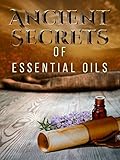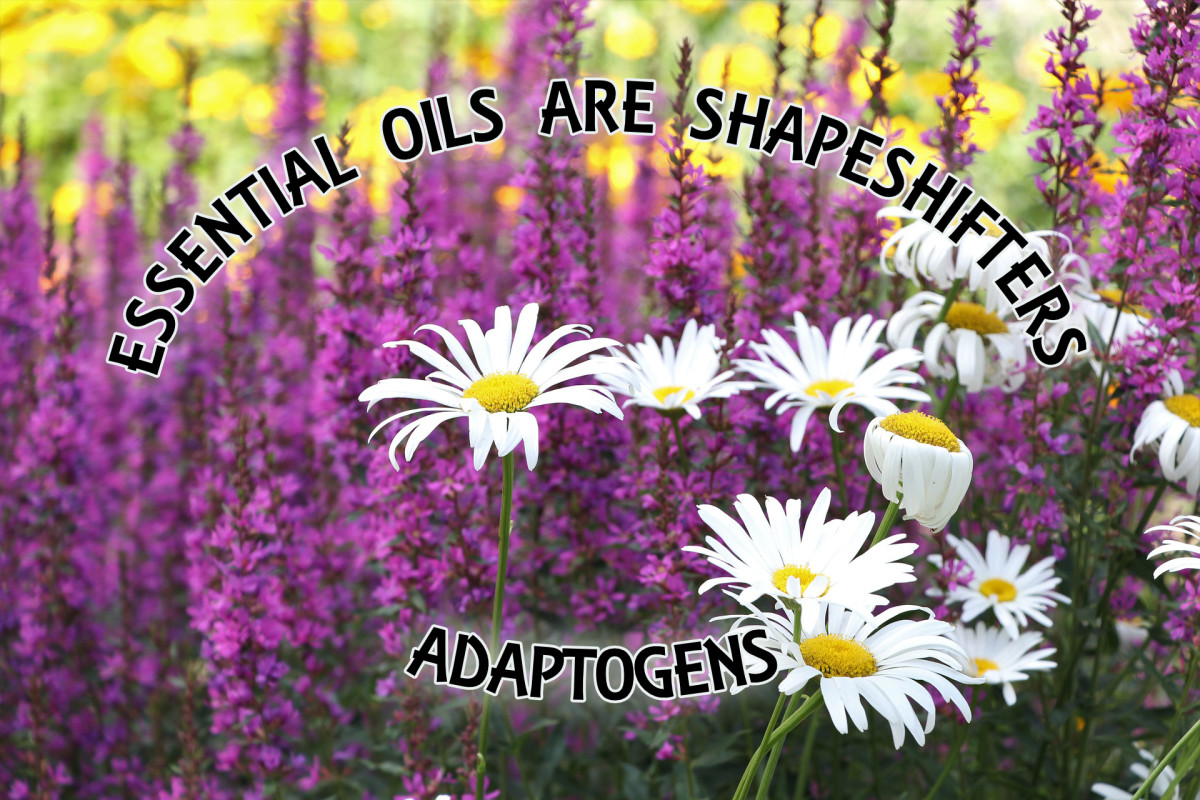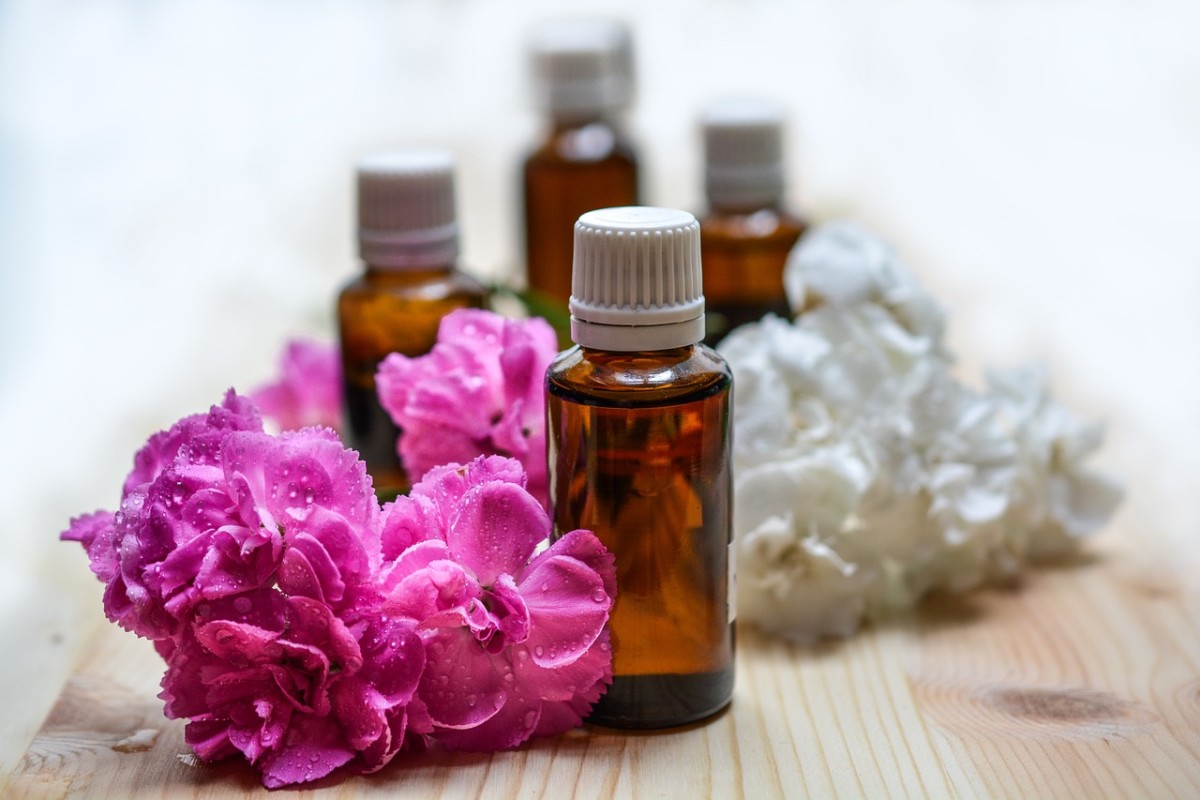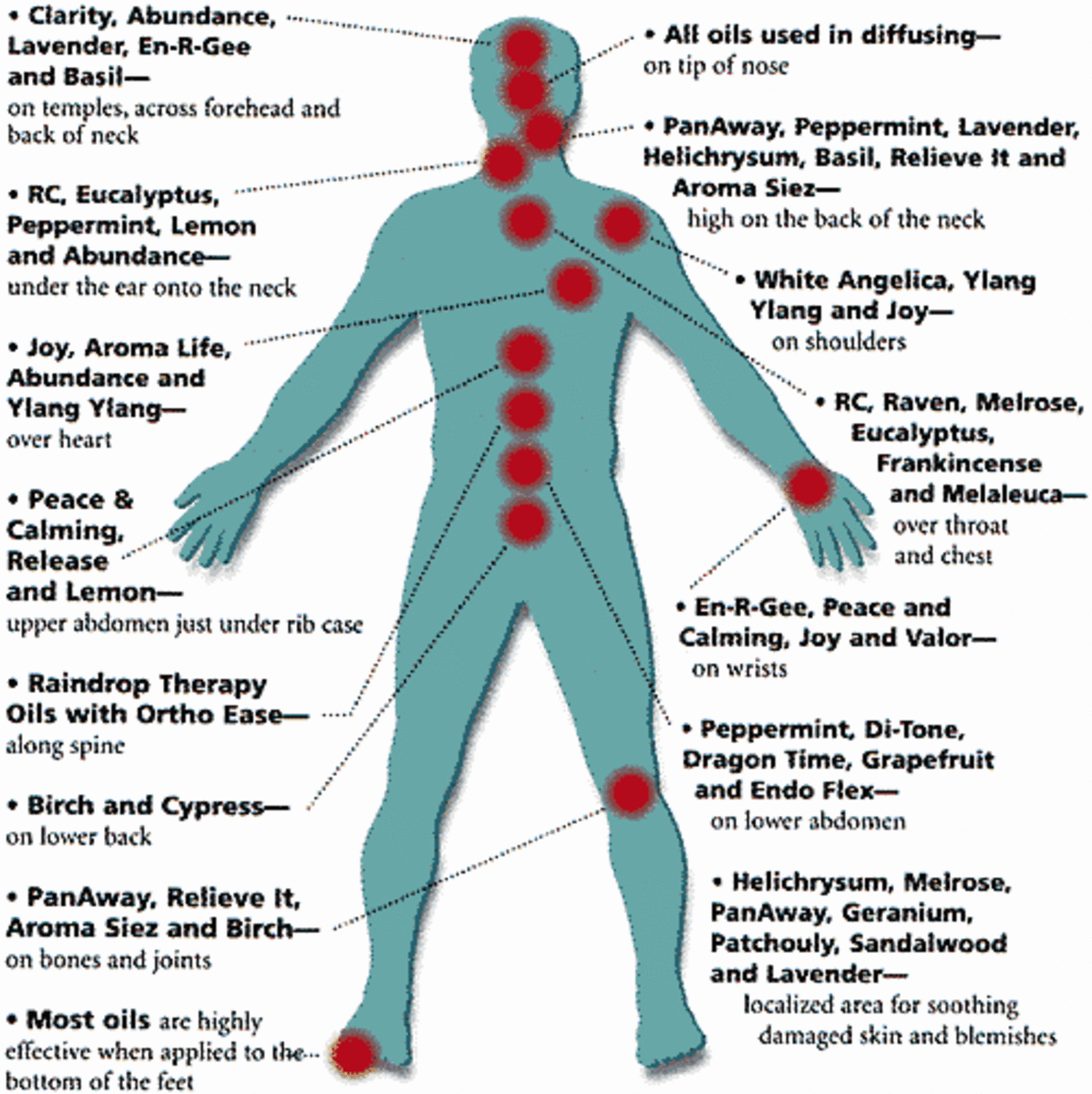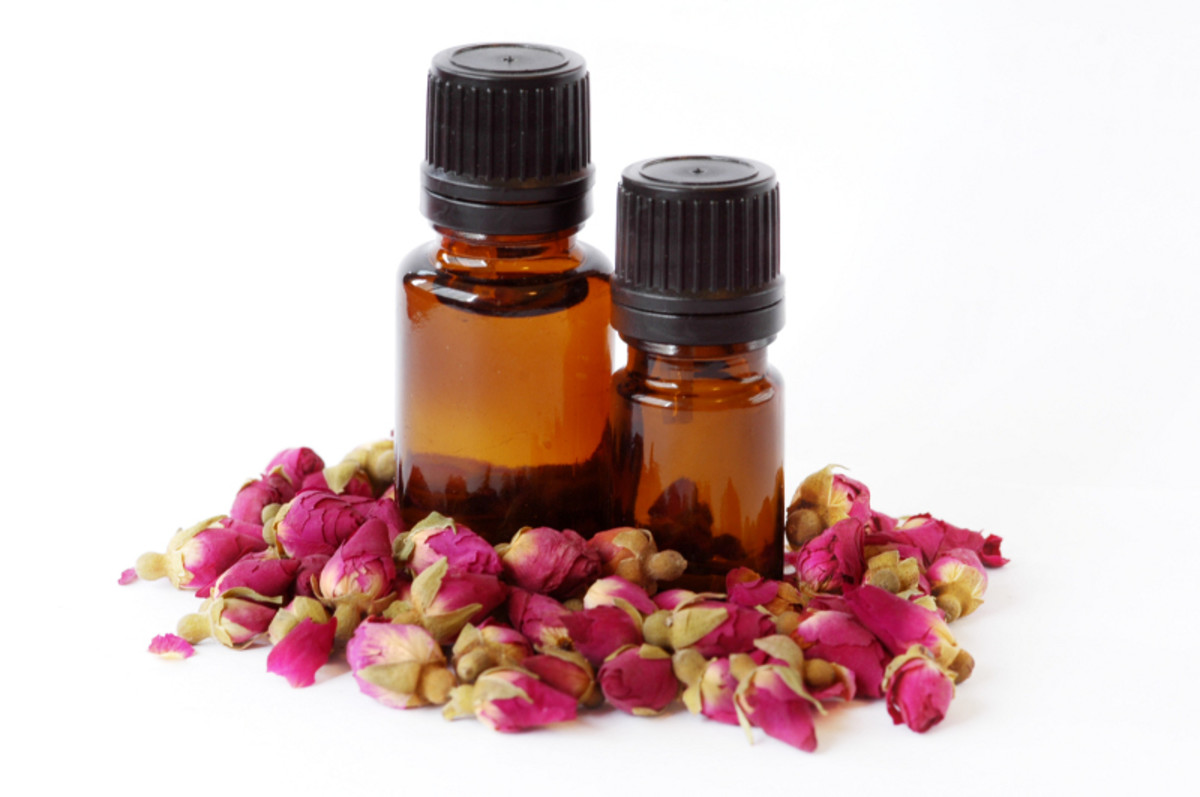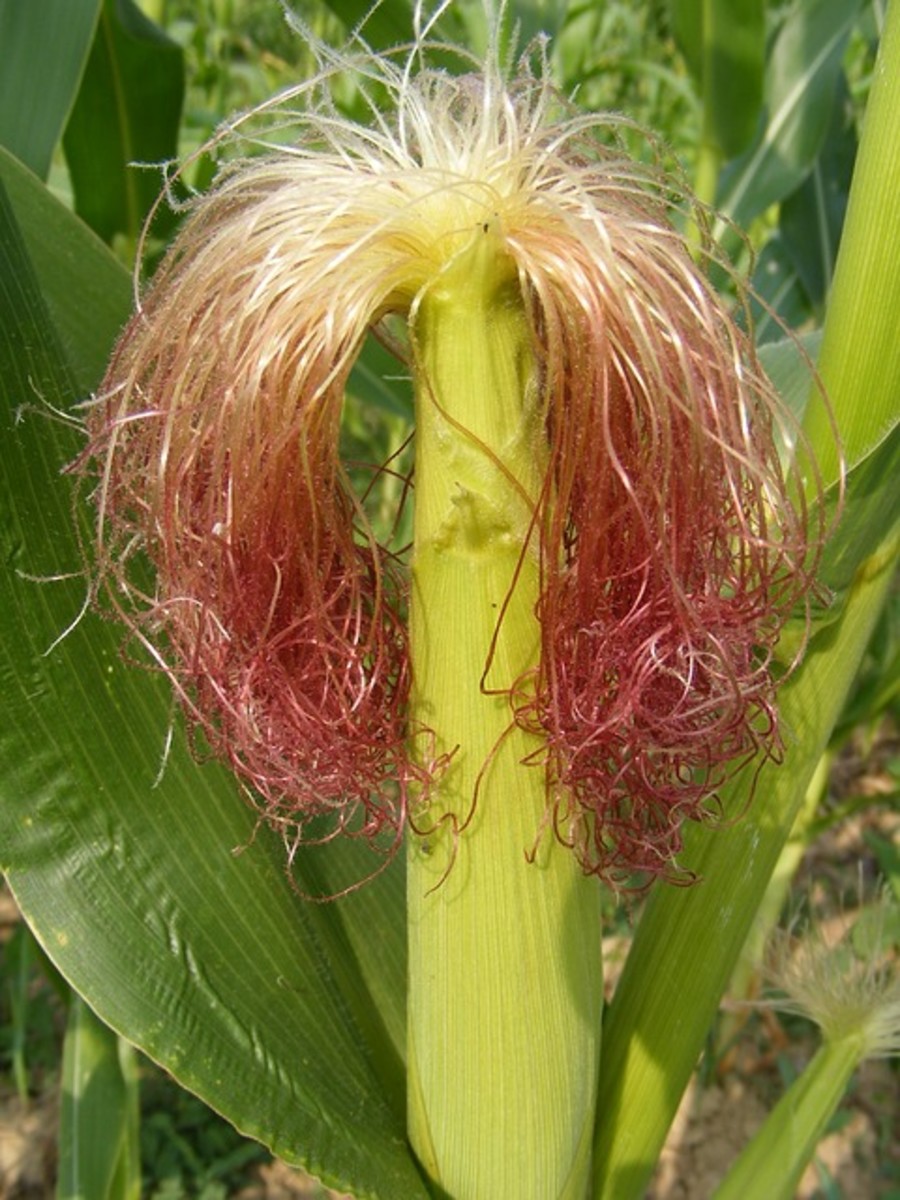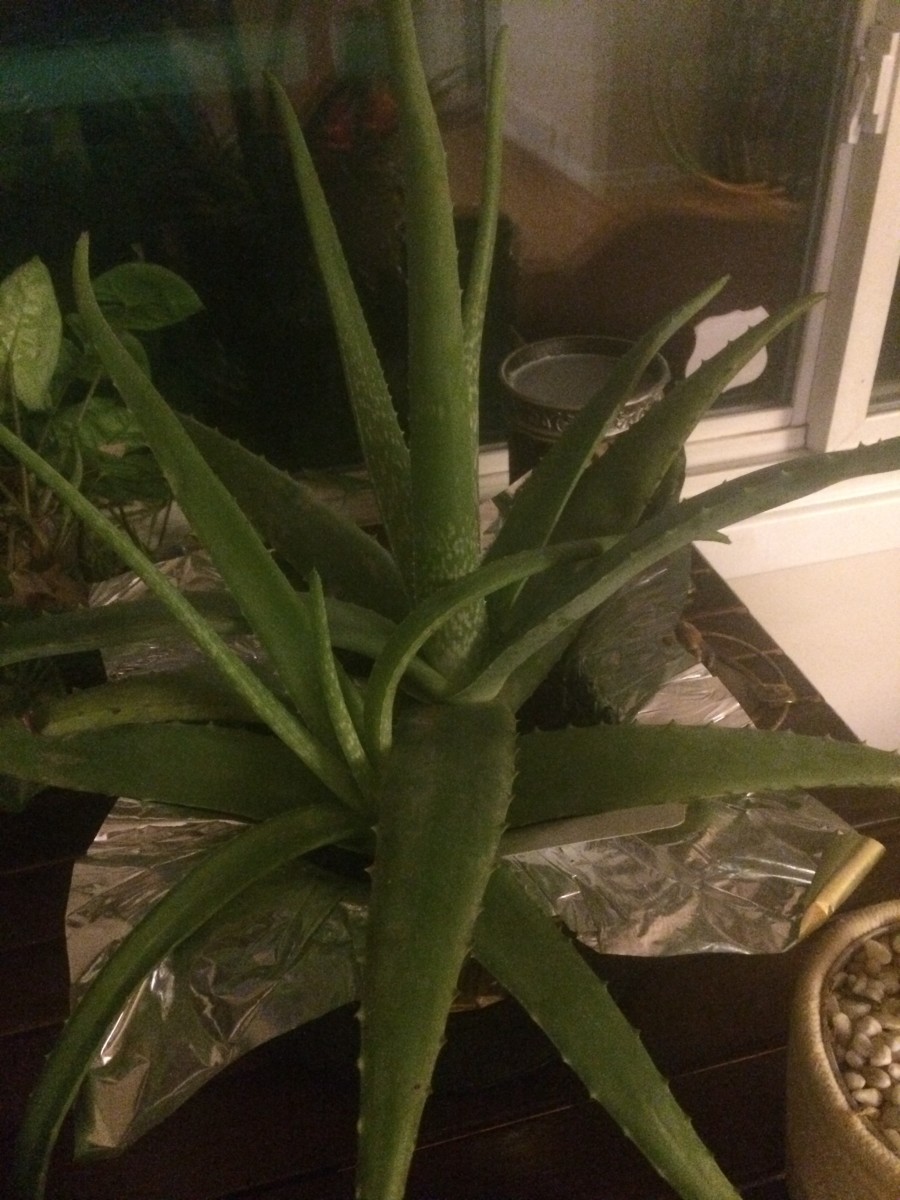How To Tell Between Synthetic or High Quality Essential Oils?
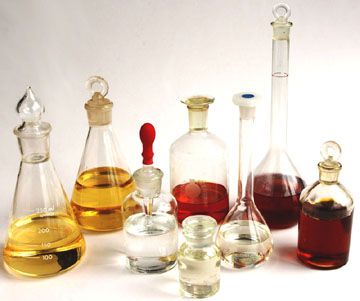
Synthetic or High Quality Essential Oils
One of the biggest indicators on whether or not you will be successful in using aromatherapy is the quality of the essential oil used. This will enable you to ensure that you are able to acquire the natural healing powers of the plant material. You will find more information below on how you can educate yourself about your choices of essential oils to optimize results.
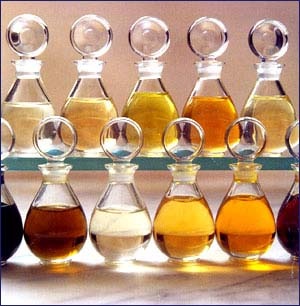
Impact of Oil Quality in Aromatherapy
Although the importance of essential oil quality appear obvious for many, there is a need to emphasize this to ensure that the results desired are achieved. Therefore, it isn't just about using the right kind of oil but in preserving the quality to acquire the healing properties that provide its benefits.
To be specific, one must avoid using synthetic types of oil because they are harmful to humans upon excessive exposure. Synthetically produced oils contain potentially toxic substances that might produce reactions on humans upon usage. Only those oils that are extracted from organically grown plant sources offer natural and pure essential oils that ensure your safety.
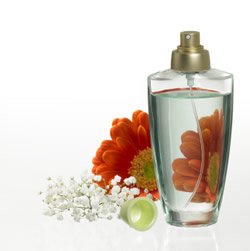
Natural Essential Oils, Aromatherapy Oils
What Can Affect Oil Quality?
The preservation of the natural oil quality should start even before the act of extraction. This intricate process explains why high quality essential oils are quite expensive to buy. If it is priced lower than normal, then you should suspect that the oil might be inferior.
One of the most basic consideration to ensuring the quality of the oil is to use only botanical sources that are grown using organic methods. Hence, it must not be exposed to any type of harmful chemicals such as fertilizers or pesticides. It might leave chemical residues on the plant upon harvest that will combine with the extracted oil and turning it into something toxic. The choice of distillation method to use is also important since most of the oil's natural chemical components are destroyed in the process of heating or the introduction of extreme pressure.
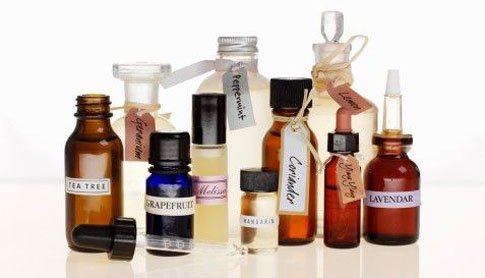
How to tell real plant essential oils vs. synthetic
035 - Essential Oils - Part 1 (Herbs part - 3)
Studying Labels on Essential Oil Bottles
Labels are not placed there for nothing. However, most consumers neglect reading labels and in turn result to the acquisition of various harmful reactions to the body. Use the label as your best source of information on what the oil is about or what it contains. One of your surest indication of the oil quality is the phrase on the label that says “100% pure and organic essential oils”.
Independent groups or parties such as AFNOR are the ones that conduct tests on various essential oils that are sold on the market. Once a specific oil has passed the test, it will get a certification and are allowed to place that phrase in the label to provide added assurance to consumers upon purchase.
What To Look For?
Another tricky aspect of examining labels of essential oils are the specific aspect of the label that you need to look out for. You need to be more privy about the information provided at the labels though. Since essential oils are just recently gaining popularity and that the government has not identified it yet as being either a food or drug, the regulation of its labeling is not as strict. Therefore, do not jump right into something that contains the “100% pure organic essential oil” label right away. Try to learn about its actual content to ensure that it has no adulterants such as fillers, synthetic esters, perfumes, among others.
Price Says A Lot
Aside from economical reasons, there is far bigger importance behind paying close attention to the price of the essential oils you are buying. The fact that price is an indicator of the oil's quality is not trivial at all. Most people would go for cheaper priced oils off the market in an effort to save money. But a little savings you get could spell disaster for your own health once you are exposed to these harmful synthetic oils.
What you need to understand that the intricacy of the process involved in making pure essential oils from organic plant sources is one reason why it is priced quite expensive. If you are a frequent buyer of essential oils, you should be suspicious of essential oils that are priced considerably lower than what you might expect to pay for it. Low priced essential oils might also mean that those oils are of inferior quality.
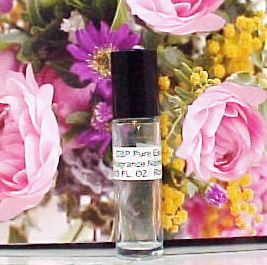
Making Aromatherapy Products : What Is Essential Oil?
The Value of Scientific Names
Another important factor to look into each label for essential oil is the botanical or scientific name for the plant source. The addition of these Latin names aren't just useless piece of information. For each plant specie, there are several underlying varieties and only a few ones are actually used in extracting essential oils for aromatherapy. Hence, if you are using the wrong variety of the same specie, then you cannot expect to get the same effectiveness in treating diseases through aromatherapy.
There is a huge discrepancy to this, which could also impact the quality of healing action that you can benefit from in using essential oils. If you are unsure about a specific botanical name for extracting certain essential oils, you can inquire to the health shop staff and get more information you need to make your decision before purchase.
Methods for Oil Analysis
Essential oils undergo a purity testing before it is released into the market to determine its therapeutic value and for assurance to consumers that the oil lacks adulterated contents. You can then use vital information provided by the results of the test to determine whether a specific oil can really produce the therapeutic benefits promised.
There are two most common tests done on essential oils: gas chromatography and high performance liquid chromatography. These two method analyze a sample of the essential oil into different fractions to ensure the purity of the oil material.
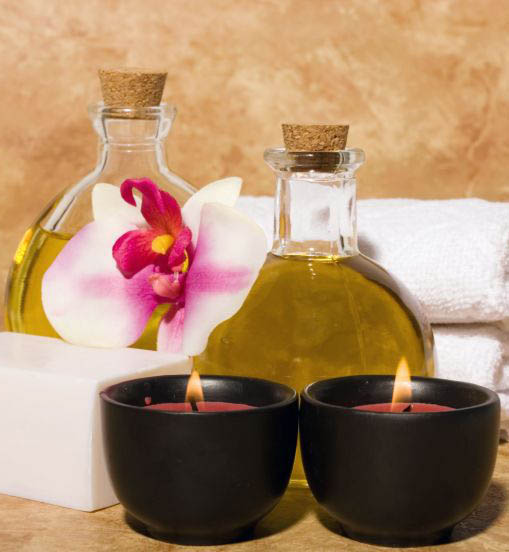
Consumer Tips For Buying High Quality Oils
Informed buying is always the key in enabling you to purchase only the highest quality of oils that can provide healing. So, make sure to keep in mind all of the information provided above to not only ensure effectiveness but also to avoid the possibility of acquiring toxic substances that are potentially dangerous to your health.
Try to gather the following information that you can use to determine exactly which oil to purchase:
*The botanical name of the plant source used for the extraction of the oil;
*The methods of purity testing done on a specific oil to determine its therapeutic value and quality; and
*The preparation, handling, and storage procedure that the oil has undergone before reaching market.

